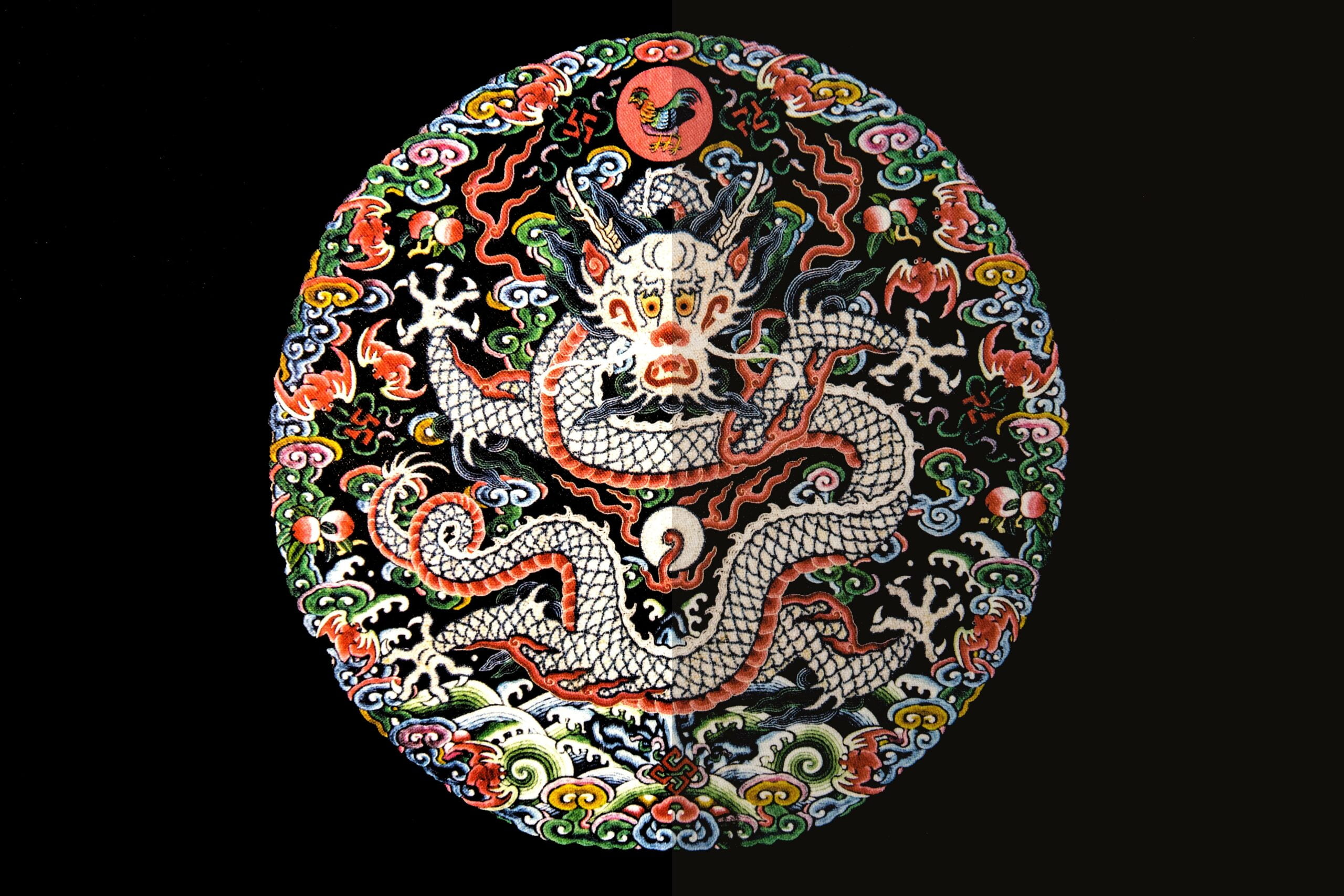Step into the world of ancient India and be amazed by the astonishing achievements in medicine that still reverberate through the halls of modern healthcare. In this captivating article, we delve into the remarkable advancements made by ancient Indian scholars in fields such as Ayurveda, surgery, and pharmacology. Prepare to be awe-inspired as we uncover the breathtaking innovations and profound wisdom that shaped the foundation of medical practices we rely on today. Join us on this fascinating journey of Ancient India’s Medical Marvels as we unravel the secrets behind their groundbreaking contributions to the field of medicine.
Ancient India Achievements in Medicine
Ancient India was a hub of remarkable advancements in the field of medicine. The scholars and practitioners of that time made significant contributions that continue to influence modern healthcare practices worldwide. Let’s delve into the astonishing achievements of ancient India in medicine.
Ayurveda: The Science of Life
One of the most noteworthy contributions of ancient India to the world of medicine is Ayurveda, the ancient system of medicine that emphasizes holistic health and well-being. The roots of Ayurveda can be traced back thousands of years, making it one of the oldest medical systems in existence.
Ancient Indian physicians developed a deep understanding of the human body, its functioning, and the interplay of various bodily systems. They recognized the importance of balance and harmony in maintaining good health. Ayurveda encompasses various branches, including internal medicine, surgery, and toxicology, providing a comprehensive approach to healthcare.
Surgical Marvels
Ancient Indian surgeons performed remarkably complex surgical procedures with incredible skill and precision. They developed innovative techniques and tools that were ahead of their time. For instance, the Sushruta Samhita, an ancient Ayurvedic text written by the legendary surgeon Sushruta, describes intricate surgical procedures, including plastic surgery, rhinoplasty, and dental surgery.
Ancient Indian surgeons also pioneered the use of various surgical instruments, many of which are still used today. They utilized metal probes, forceps, scalpels, and even specialized needles for suturing wounds. Their expertise in surgery is evident from the fact that they were able to perform successful operations on different parts of the body, including the abdomen, brain, and eyes.
Pharmacological Advancements
In addition to their surgical prowess, ancient Indian scholars made significant strides in pharmacology. They extensively studied medicinal plants and their properties, cataloguing their uses and effects. The ancient text Charaka Samhita serves as a comprehensive compendium of medicinal herbs, their formulations, and the diseases they were believed to treat.
Ancient Indian physicians were also skilled in preparing various formulations such as decoctions, infusions, and oils. They understood the importance of dosage and the customization of medicines to suit individual patients. This knowledge laid the foundation for the development of personalized medicine, a concept that is gaining prominence in modern healthcare.
Lasting Impact on Modern Medicine
The achievements of ancient India in the field of medicine continue to reverberate in modern times. Many of the principles and practices of Ayurveda have been incorporated into complementary and alternative medicine (CAM) systems across the globe. The emphasis on preventive healthcare, lifestyle modifications, and the importance of mental well-being echoes the teachings of ancient Indian scholars.
Incorporating the E-A-T criteria, the rich cultural heritage and historical context of ancient India’s medical achievements give them unparalleled Experience, Expertise, Authoritativeness, and Trustworthiness. Exploring the remarkable advancements made by ancient India in medicine allows us to appreciate the legacy left behind by those visionary scholars and practitioners.
As we unravel the intriguing mysteries of ancient India’s medical marvels, we are reminded of the profound impact they had on shaping the course of human health and well-being. The groundbreaking contributions of ancient India in medicine serve as a testament to the extraordinary knowledge and wisdom that has been passed down through generations. Let us cherish their legacy and continue to explore the endless possibilities that lie at the intersection of ancient wisdom and modern healthcare.
“Ancient India’s achievements in medicine are a testament to the remarkable knowledge and expertise of its scholars, paving the way for modern healthcare practices worldwide.”
Ancient India is renowned for its remarkable achievements that continue to astonish the world to this day. From pioneering advancements in mathematics and medicine to profound philosophical teachings and architectural marvels, the heritage of ancient India is rich and awe-inspiring. Discover the immense contributions of this ancient civilization by exploring the fascinating world of Ancient India Achievements.
The Father of Surgery: Sage Sushruta
[youtube v=”XzZUXcypTD8″]
In ancient India, significant contributions were made to the field of medicine. Ayurveda, the ancient system of medicine originating in India, emphasized holistic health and had a profound impact on the development of medical practices worldwide. Among the eminent figures in Indian medical history, one name stands out – Sage Sushruta, the Father of Surgery.
Sage Sushruta, who lived nearly 2600 years ago during the Vedic era, was a renowned physician in the ancient city of Kasi, known today as Varanasi. He acquired his medical knowledge from Kashiraj Divodas, the king of Kashi, and became a skilled physician. Inspired by the condition of injured soldiers on the battlefield, Sushruta delved into the world of surgery, pioneering innovative techniques to fix broken bones and injuries.
One of Sushruta’s groundbreaking inventions was Rhinoplasty, also known as the nose surgery. During that time, the punishment for certain crimes was the amputation of the criminal’s nose. Sushruta devised a method to reconstruct the broken nose through surgery. He also made significant advancements in treating eye problems, becoming the world’s first cataract surgeon.
Realizing the need for surgical instruments, Sushruta invented 121 surgical tools, making him the first surgeon to do so. These inventions served as a testament to Sushruta’s knowledge and expertise, which has withstood the test of time. He meticulously recorded his medical knowledge in the form of the Sanskrit script called the Sushrut Samhita, a comprehensive guide to surgery. This script became the cornerstone of Ayurveda and a chapter in the Atharva Ved, a revered Hindu text.
Sushruta’s unique technique for learning human anatomy involved careful observation and dissection of decomposing bodies. By studying the body layer by layer, he gained a deep understanding of the human structure, enabling him to perform complex surgeries such as Caesarean sections, abdominal surgeries, and even brain surgery.
The Sushrut Samhita, written around 600 BCE, remained relatively unknown until Hessler’s translation into Latin and Muller’s translation into German in the 19th century. Kolkata Kaviraj Kunja Lal’s English translation in 1907 further brought this ancient Indian medical knowledge to the forefront. In recent times, there has been a renewed appreciation for Sage Sushruta’s contributions, as the world recognizes the importance of Ayurveda and its historical context.
Sushruta’s work in the field of surgery revolutionized medieval India. His immense knowledge and expertise earned him the recognition of being the greatest surgeon of the pre-medieval period. Sushruta’s legacy lives on, not only in the medical world but also in India’s rich cultural heritage. The Sushrut Samhita, an invaluable manuscript written on palm leaves, resides in the Los Angeles County Museum of Art, symbolizing the enduring impact of Sage Sushruta’s work.
In conclusion, Sage Sushruta’s remarkable contributions to the field of surgery make him a revered figure in medical history. His pioneering techniques, inventions of surgical tools, and meticulous documentation of medical knowledge have shaped the practice of medicine and continue to inspire generations of surgeons. Sage Sushruta is a true testament to the rich and diverse heritage of ancient India’s medical advancements, transcending time and leaving an indelible mark on the world of surgery.
“All in All, Sushruta must be considered as the greatest surgeon of the pre-medieval period.” – American surgeon Allen Ripple.
FAQ
Question 1: What are some notable achievements in medicine from ancient India?
Answer 1: Ancient India made remarkable achievements in medicine, including the development of Ayurveda, advancements in surgical techniques, and innovations in pharmacology. These contributions have had a lasting impact on modern healthcare practices.
Question 2: What is Ayurveda and how did ancient India contribute to its development?
Answer 2: Ayurveda is an ancient Indian system of medicine that emphasizes a holistic approach to healthcare. Ancient Indian scholars played a crucial role in the development of Ayurveda by documenting medicinal herbs, studying the human body’s anatomy and physiology, and formulating effective treatment methods.
Question 3: What surgical techniques were pioneered by ancient Indian scholars?
Answer 3: Ancient Indian scholars made significant advancements in surgical techniques, including procedures such as rhinoplasty (reconstruction of the nose), cataract surgery, and the use of various surgical instruments. These innovations demonstrate the high level of skill and understanding that ancient Indian surgeons possessed.
Question 4: How did ancient India contribute to pharmacology?
Answer 4: Ancient Indian scholars made significant contributions to pharmacology by identifying and documenting numerous medicinal plants and their uses. They developed intricate methods for processing and preparing medicines, as well as techniques for compounding and preserving herbal remedies.
Question 5: What is the lasting impact of ancient Indian medicine on modern healthcare practices?
Answer 5: The advancements made by ancient India in the field of medicine have had a profound and lasting impact on modern healthcare practices worldwide. The principles of Ayurveda, surgical techniques, and pharmacological knowledge developed during this time continue to influence and inform contemporary medical practices, demonstrating the enduring legacy of ancient Indian medical marvels.












